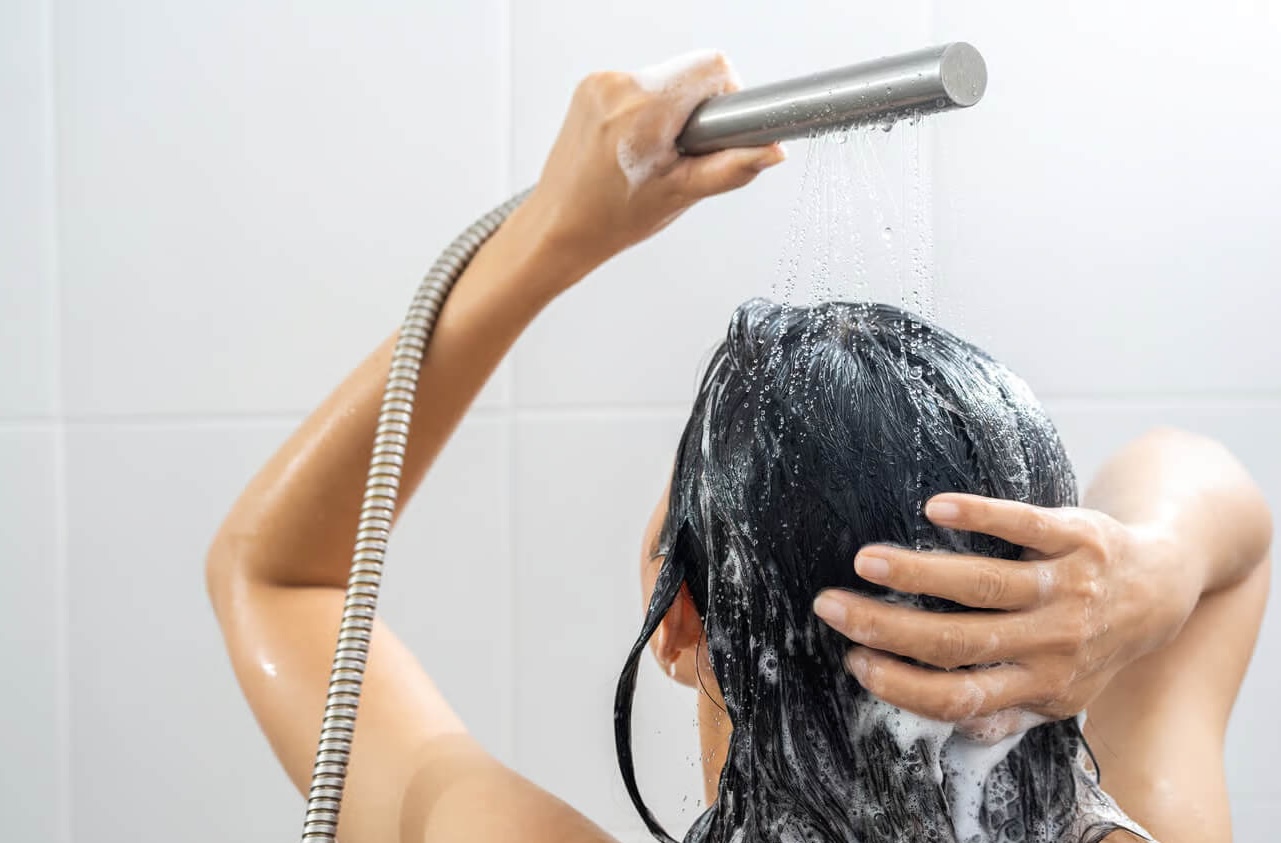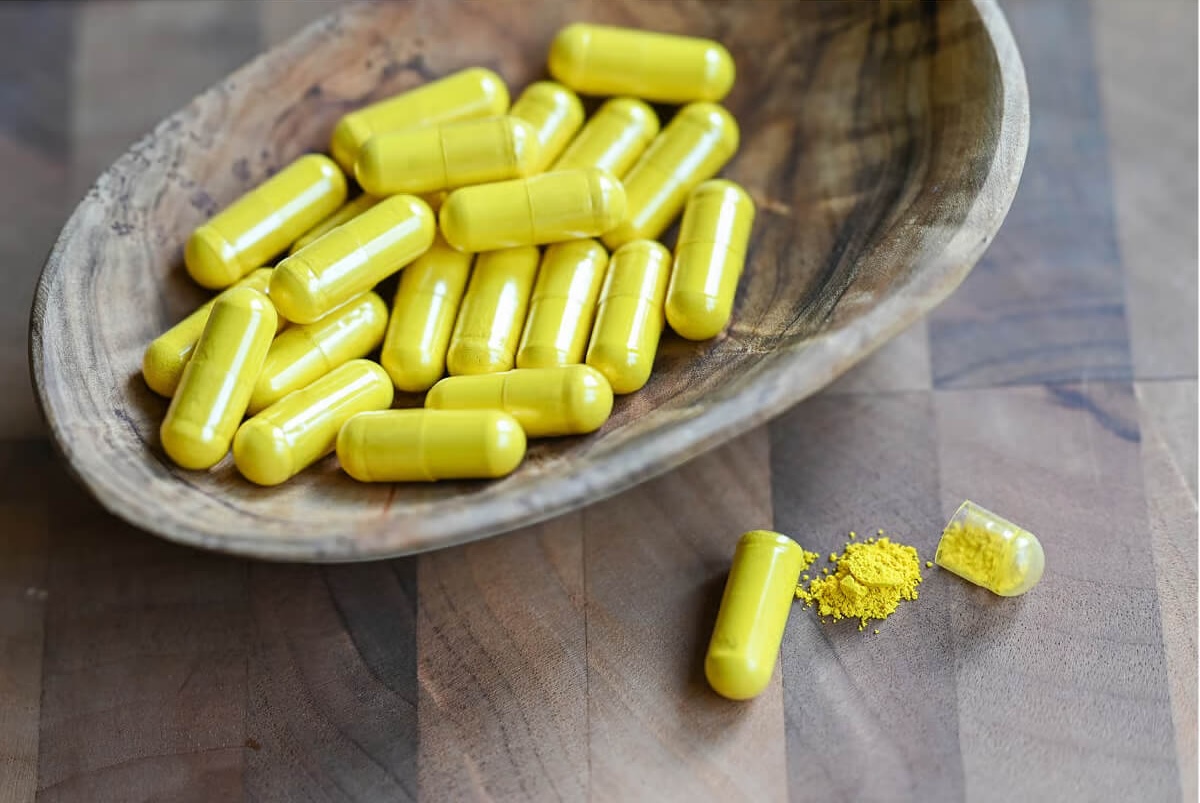Is Hard Water Wrecking Your Hair and Skin?
Hard water might seem harmless, but its mineral content can damage your hair and skin over time—here’s how it works and what you can do to protect yourself.

If you’ve ever stepped out of the shower and noticed your hair looking dry, skin appearing dull, or scalp feeling irritated, you might have wondered: Could it be my water?
Short answer? Possibly. But the long answer is a little more nuanced. Let's explore how hard water affects your hair and skin, and what you can do about it.
What Exactly Is Hard Water?
Hard water is water that contains high levels of dissolved minerals, mainly calcium, magnesium, iron, manganese, and some other metals.
- Zoom In: Hard water is everywhere. It’s estimated that over 85% of US households have some degree of hard water, depending on their local water source.
These minerals aren’t inherently harmful (calcium and magnesium are good for you when you drink them!). But when they’re coating your hair and skin during every shower? That’s when problems can arise.
How Hard Water Affects Your Hair
Those calcium and magnesium minerals in hard water don't just “rinse off.” They cling to your hair shafts, creating a mineral buildup that changes your hair texture for the worse over time.
- Science Says: A study found that hair exposed to hard water became rougher, less elastic, and more prone to breakage compared to hair washed with soft water (Luqman et al., 2018).
The real kicker? This mineral buildup prevents your shampoo from doing its job. That means you’re more likely to deal with stubborn residue that weighs your hair down, kills its shine, and can even contribute to scalp flaking or irritation.
How Hard Water Affects Your Skin
Hard water doesn’t just mess with your hair. It can be rough on your skin, too, especially if you already have sensitive skin or conditions like eczema or psoriasis.
Why does this happen? There are two mechanisms at work:
- The minerals leave a residue on your skin that interferes with your natural protective barrier. This makes your skin drier and more vulnerable to irritation.
- Those same minerals bind with the surfactants in your soap and body washes, forming compounds that strip away your skin’s natural oils.
And hard water’s effects can be especially harsh when our skin barrier is still developing. One study found that infants living in areas with harder water were more likely to have visible eczema (Perkin et al., 2016).
What Can I Do About It?
Not everyone is equally sensitive to hard water. Many people shower with it every day and never notice a difference in their hair or skin (the rest of us drew the genetic short straw, apparently).
But for those of us who do notice a difference? Here are a few evidence-based steps you can take:
- Use a gentle, pH-balanced cleanser: Avoid harsh soaps that further strip the skin barrier. Look for cleansers labeled as “soap-free” or “for sensitive skin.”
- Moisturize after showering: Applying a good moisturizer while your skin is still damp locks in hydration. I recommend using natural oils (such as coconut) rather than lotion, as the latter can be packed with chemicals.
- Clarifying shampoos (used sparingly): These remove mineral buildup from hair. However, you shouldn’t use them more than once a week or you risk over-drying your hair.
- Consider a whole-house softener: If you live in an area with very hard water and have significant skin or hair issues, installing a whole-house water softener is the most effective way to soften water.


